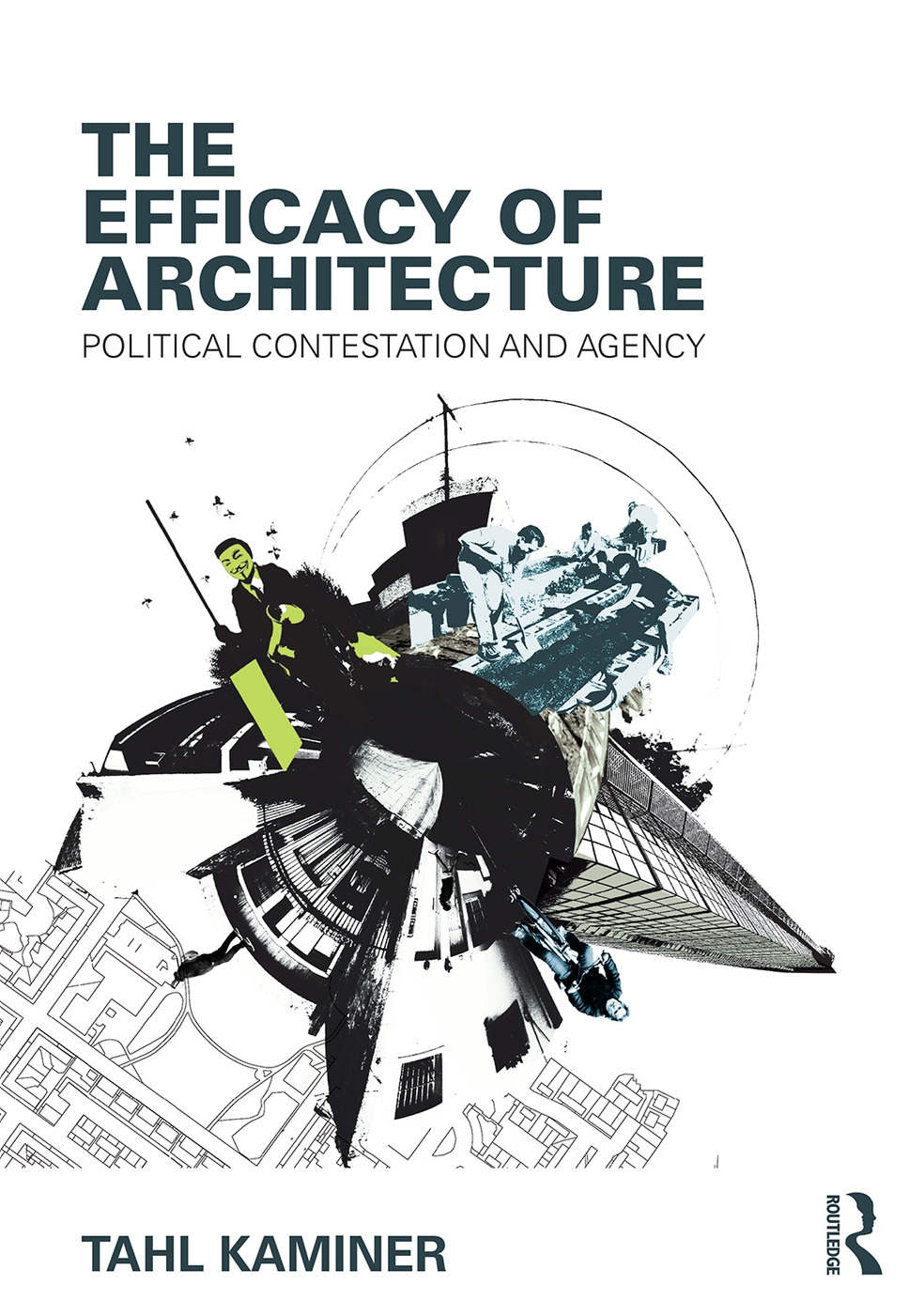A significant ideological transition has taken place in the discipline of architecture in the last years. Originating in a displeasure with the ‘starchitecture’ system and the focus on aesthetic innovation, a growing number of architects, emboldened by the 2007-8 economic crisis, have staged a rebellion against the dominant mode of architectural production. Against a ‘disinterested’ position emulating high art, they have advocated political engagement, citizen participation and the right to the city. Against the fascination with the rarefied architectural object, they have promoted an interest in everyday life, play, self-build and personalization.
At the centre of this rebellion is the call for architecture to (re-)assume its social and political role in society. The Efficacy of Architecture supports the return of architecture to politics by interrogating theories, practices and instances that claim or evidence architectural agency. It studies the political theories animating the architects, revisits the emergence of reformist architecture in late-nineteenth-century, and brings to the fore the relation of spatial organization to social forms. In the process, a clearer picture emerges of the agency of architecture, of the threats to as well as potentials for meaningful societal transformation through architectural design.












